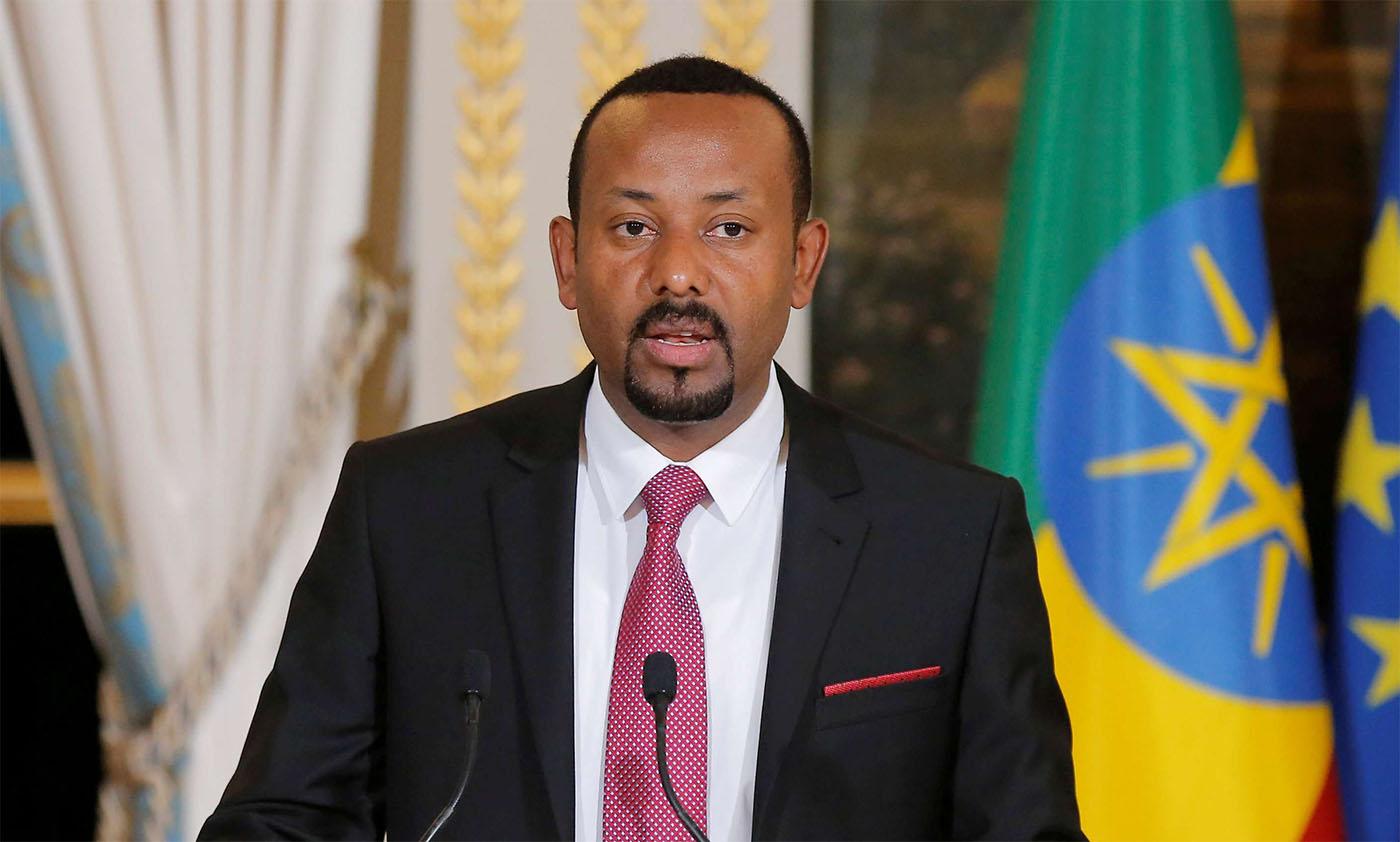
A bill allowing President Robert Mugabe to appoint senior judges sparked outrage Wednesday from Zimbabwean opposition and activists who said it marked a new power-grab by the authoritarian government.
The law, which was passed by the lower house on Tuesday, is the first amendment to the 2013 constitution, adopted four years ago by popular vote.
“It’s a frontal attack on the rule of law,” opposition Movement for Democratic Change (MDC) legislator and constitutional law expert Jessie Majome told AFP.
“You can’t have a bill to concentrate power with the president when the public voted to democratise the process. This is the beginning of the end of the new constitution.”
Majome said the ruling ZANU-PF party was “testing the waters” before planning to amend the constitution over other issues including presidential term limits and scrapping the bill of rights.
Under the 2013 constitution, the president could only appoint a chief justice from a shortlist drawn up by the judiciary services commission and after public interviews of the candidates.
Political tensions have been rising in Zimbabwe ahead of elections next year in which Mugabe, 93, is expected to win another term that could keep him in power until he is nearly 100.
“The ruling party does not see the constitution as a sacrosanct document,” Harare-based political analyst Takura Zhangazha said.
“They will not hesitate to change what they are allowed to change using their majority in parliament.”
Vice President Emmerson Mnangagwa hailed the adoption of the bill, which passed easily due to ZANU-PF’s large majority in the 270-seat legislature.
“This is what democracy is all about, where those who do not agree are given an opportunity to debate but at the end of the day the majority will have their way,” Mnangagwa said, according to local media.
The country’s constitution was adopted in a 2013 referendum after being drawn up by ruling and opposition parties under a power-sharing government.
Mugabe is not affected by the 10-year term limit introduced by the referendum, which does not apply retrospectively.
Mugabe would not be affected by the 10-year term limit, which does not apply retrospectively.





